Today we’re diving into the intriguing role of a “Governor General In the Caribbean. Stay tuned as we unveil their ceremonial traditions, constitutional duties, and how they foster national unity. If you’re passionate about the Caribbean’s rich heritage, hit that ‘Subscribe’ button, and let’s get started.
Throughout the Caribbean, one can find a variety of unique political and governmental structures, all with important distinctions. One of the terms we often hear when it comes to Caribbean politics is “Governor General”. But have you stopped to think about what a governor-general is and their role in government? And why is their name so closely tied to political arguments about becoming a republic and the Caribbean’s connection to the monarchy?
In today’s video, we are going to answer all your questions and address many misconceptions about the role of the Governor General, highlighting the role’s history, daily duties, and its importance in the world of not only Caribbean politics but in colonial politics around the world. So stay tuned as we answer the question, What is a Governor General?
The History of Governor Generals
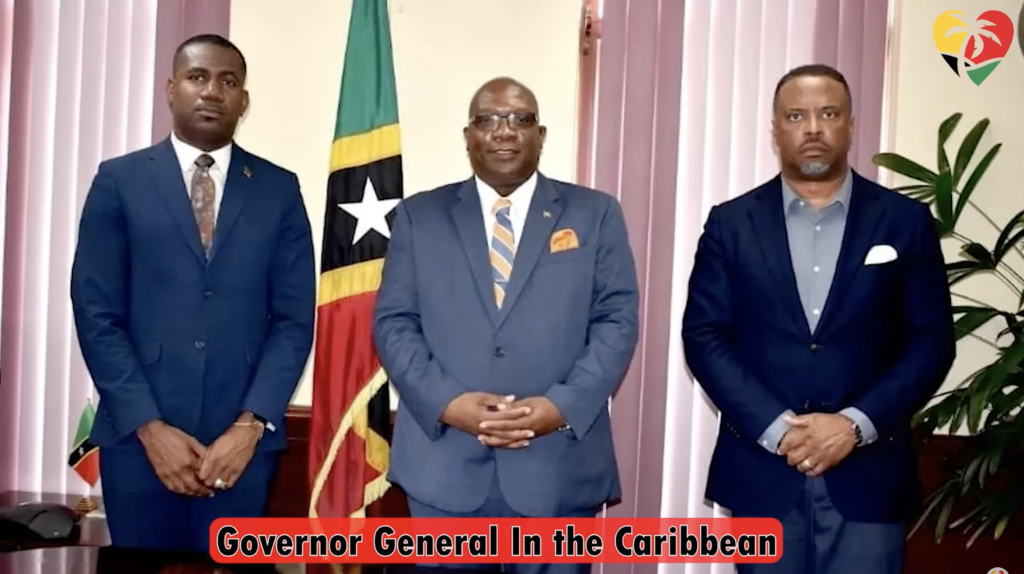
Let’s start our inquiry into Governor Generals where all things start, the past. The History Behind Governor Generals is intertwined with the era of colonialism and the expansion of European powers across the globe. As you may know, during the 16th to 19th centuries, European nations established colonies not only in the Caribbean but all over the world, extending their influence and control over these territories. To govern these overseas possessions, the colonial powers appointed individuals known as Governor Generals.
The concept of a Governor General emerged as a means to exercise authority on behalf of the monarch or ruling power in the distant colonies. These individuals were entrusted with significant executive and administrative powers to govern the territories, maintain control, and enforce the policies and laws of the colonizing nation. In simple terms, Governor Generals were the monarch’s representatives in these territories, and as such had full say in the affairs of these territories under the direction of the King or Queen.
Governors Generals played a crucial role in shaping the social, political, and economic structures of the colonies. They established governance systems, implemented policies, and controlled trade and resources in accordance with the interests of the colonizing nation. These individuals exercised significant power and influence over the local population, often with limited input or representation from the colonized communities.
As the colonial era drew to a close and territories fought and attained independence, the role of Governor Generals changed. While the role of the Governor General varied slightly from country to country as they gained independence, for those who wished to maintain a parliamentary democracy, the position of Governor General transformed into that of a constitutional figurehead or representative of the monarch in the newly independent countries.
Republic vs Parliamentary Democracy
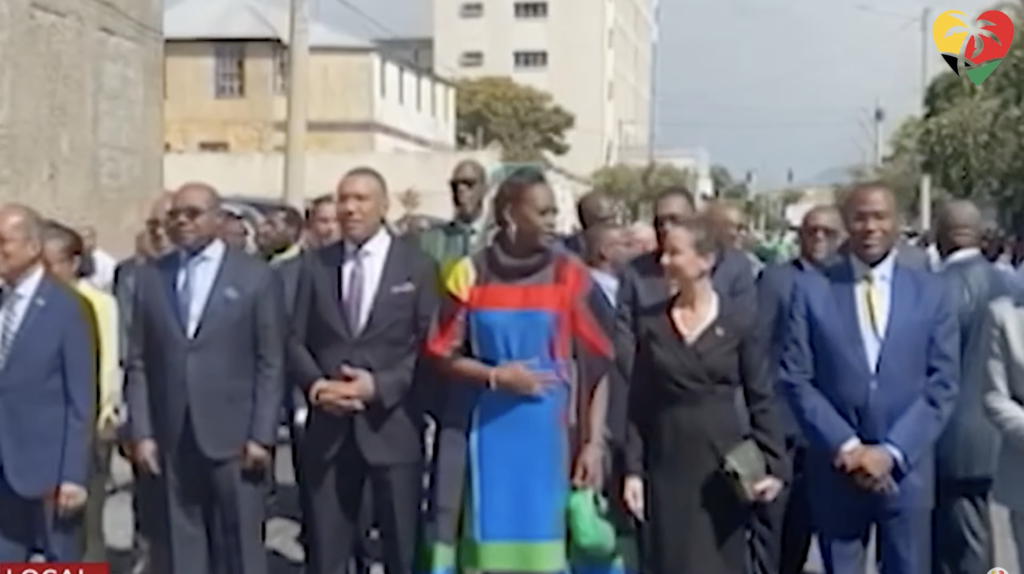
But you may ask, if Governor Generals are a monarch’s representative in a territory, why are there still Governor Generals in commonwealth countries? When countries became independent, should they have not gotten rid of Governor Generals? This is a good point, which leads us to the second point, The difference between a Republic and a Parliamentary Democracy.
When countries were on the precipice of independence, the most important question they had to ask is what type of governmental system they wanted. The two most common options were to either become a republic or a parliamentary democracy. While both systems strive to uphold democratic values, they differ in key aspects.
In a Republic, the head of state is typically an elected official, such as a president, who holds a separate and independent position from the government. The president represents the country and exercises significant ceremonial and executive powers. They may serve as a unifying figurehead, symbolizing the nation’s values and aspirations. The president’s role is often defined by a constitution, which outlines their powers and responsibilities, and they may be elected directly by the people or indirectly through an electoral college or parliamentary vote.
On the other hand, a Parliamentary Democracy has a different arrangement. In this system, the head of state is often a monarch or a figurehead with limited powers, such as a constitutional monarch or, you guessed it, a Governor General. In the Caribbean, this Governor-General is appointed by the Monarch, most recently King Charles III in consultation with the Prime Minister. But in modern times, this is just a formality, as the Monarch always agrees to the suggestion put forth by the Prime Minister. The role of the head of state is again largely ceremonial, representing continuity and tradition. At the same time, the political power is vested in the elected parliament which elects a Prime Minister to serve as head of government.
In a Parliamentary Democracy, the executive power is exercised by the government, which in the Caribbean is a Prime Minister. The prime minister is usually the leader of the majority party or coalition in the parliament and they are responsible for forming the government, implementing policies, and making day-to-day decisions on behalf of the nation.
While both Republics and Parliamentary Democracies uphold democratic principles, they differ in terms of the distribution of power and the role of the head of state. A Republic emphasizes the election of a separate head of state with significant executive powers, while a Parliamentary Democracy places more authority in the elected parliament and Prime Minister, and has a head of state which is much more ceremonial.
What is the Role of the Governor General Today
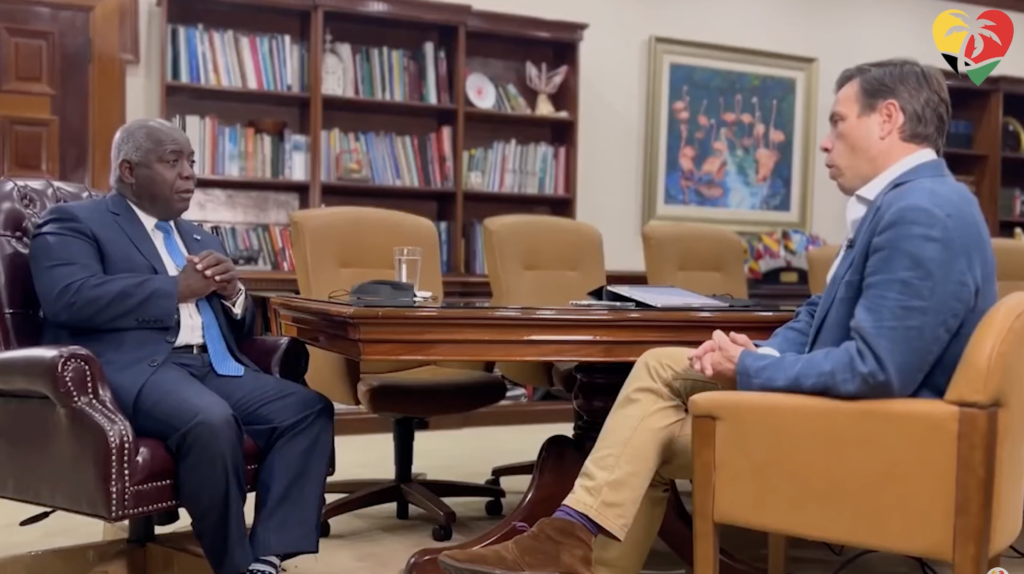
So as you can see, some Caribbean countries went down the path of parliamentary democracies and thus maintain the position of Governor General in their governmental structures. But that begs the question, What is the role of a Governor General these days?
Well, in modern times, the role of a Governor General is multifaceted, encompassing a range of responsibilities that contribute to the functioning of the state. While the specific duties may differ between countries, several key aspects define the role of a Governor General in today’s context.
At its core, the role of a modern Governor General is to serve as the head of state, often as the representative to a monarch. They perform a wide array of ceremonial duties, adding a touch of grandeur and tradition to important events and occasions. Whether it is opening and closing sessions of parliament, attending state dinners, receiving foreign dignitaries, or bestowing honors and awards, the Governor General’s presence lends an air of dignity and solemnity to these proceedings.
But beyond their ceremonial role, the Governor General also plays a crucial part in the functioning of the government and has serious powers. They are seen as a constitutional safeguard, ensuring that the government operates within the boundaries set by the Constitution. Easily the biggest power modern Governors-General hold is the ability to grant royal assent to legislation, which signifies the official approval of laws passed by the parliament. While this power is usually exercised on the advice of the elected government, it serves as a final check and balance, ensuring that laws align with the Constitution and the best interests of the nation.
Additionally, the Governor General often acts as a non-partisan figure, offering impartial advice and guidance to political leaders. They may provide insights and perspectives on important matters, drawing from their extensive knowledge and experience. Their role also extends to representing the country internationally, attending state visits, and participating in diplomatic engagements. By doing so, they strengthen diplomatic relations and promote goodwill between nations.
In performing these duties, a Governor General operates within the framework of the parliamentary democracy. This means that while they may possess certain powers, the ultimate authority rests with the elected government and the parliament. While the role of a modern Governor General carries a sense of tradition and historical significance, it has adapted to the needs and dynamics of contemporary governmental systems.
Debates around Governor Generals
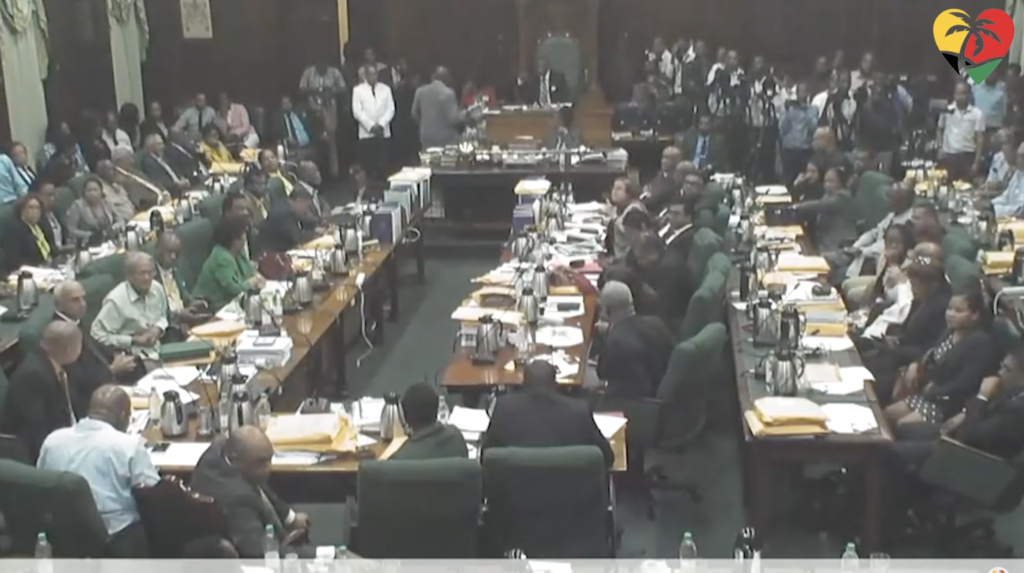
Where there is a difference, debates are sure to follow, and the same can be said about the role of a Governor General and their place in modern Caribbean affairs. These debates primarily revolve around the necessity and relevance of having Governor Generals in contemporary governance systems.
The biggest point brought forth by those against having a Governor General is whether a country can be truly an independent democracy if a non-elected, monarchial individual is selected to serve as the head of state. They argue two points. The first is that true independence means that all ties to colonial remnants should be severed and the second is that no position in a democracy should be appointed, but elected. They contend that positions like Governor Generals, based on political appointments, do not reflect the will of the people and if Governor Generals can reject laws made by elected MPs, then the system is fundamentally flawed.
The potential for abuse of power is also a concern raised by those skeptical of the Governor General’s role. While the position is typically non-partisan, there have been instances where Governors-General have overstepped their constitutional authority or have been involved in controversies. Such incidents raise doubts about the potential risks and lack of accountability associated with vesting significant powers in a single individual, particularly when they are not directly accountable to the electorate.
On the other hand, proponents of maintaining Governor Generals put forth arguments in support of the position. They emphasize the symbolic and unifying role that Governor Generals can play. As representatives of the monarch or the state, they can act as a figurehead, embodying the nation’s history, traditions, and values. Governor Generals can serve as a symbol of stability and continuity, fostering national pride and unity.
Another argument in favor of Governor Generals is their potential as constitutional safeguards. They can provide a check and balance mechanism by ensuring that the government operates within the confines of the Constitution. Governor Generals have the power to grant or withhold consent to legislation, preventing potential abuses of power by the executive branch. This role allows for the protection of democratic principles and the preservation of the rule of law.
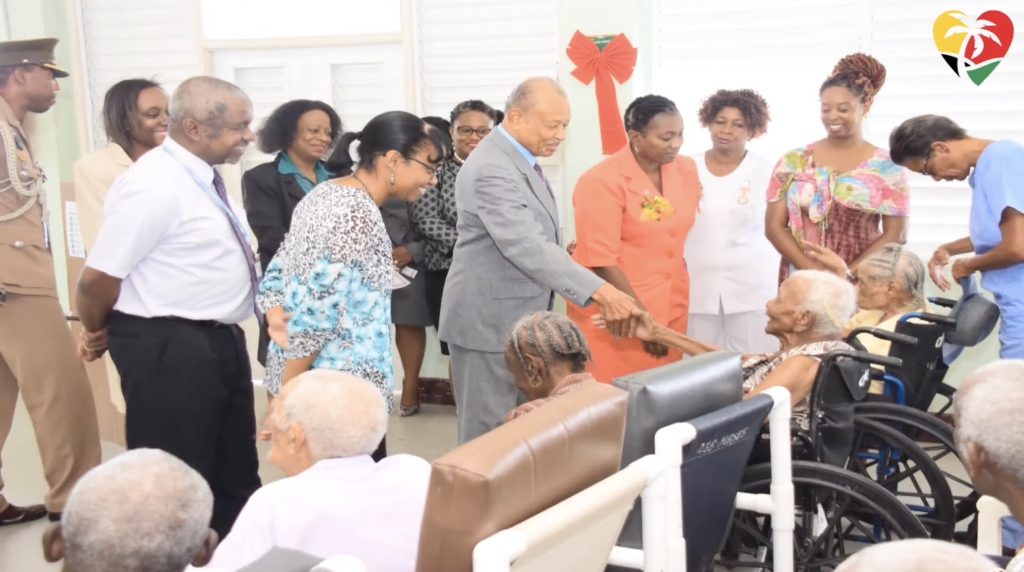
Furthermore, if there is a worry of external meddling in government will by a Governor General, there are provisions in the constitution to remove them. Their sentiment is, if the system currently works, let it work.
But there is never a clear answer to these debates. Like many political and government structures, they are pros and cons of each solution and a compromise will always need to be found. The debates surrounding Governor Generals continue to shape discussions on the nature of governance and the structure of executive power in different the Caribbean.
Most recently Barbados decided to make that change when it changed from a parliamentary democracy to a republic, removing the title of Governor-General to have it replaced by a President. But the same person remained and their role remained the same. However, these arguments put forth by both proponents and critics contribute to an ongoing dialogue about the appropriate role and relevance of Governor Generals in modern democratic systems.
So as you can see, the role of the Governor General in Caribbean politics holds significant importance in the post-colonial era. While they usually symbolize national unity and continuity, carrying out ceremonial duties that add a sense of grandeur to important events. They also serve as a constitutional safeguard, ensuring that the government operates within the confines of the Constitution and protecting democratic principles. Their impartiality and non-partisan status enable them to provide guidance and foster political stability.
However, ongoing debates surrounding the Governor General’s role persist, particularly their connection to the Monarchy. Opponents rightfully ask, because Governor Generals are appointed by a King or Queen of another sovereign country, can any system which has Governor Generals be truly independent? As more and more Caribbean countries navigate these questions by flirting with the idea of becoming a republic instead, they must strike a balance between identity, tradition, constitutional oversight, and the evolving demands of democratic governance.


